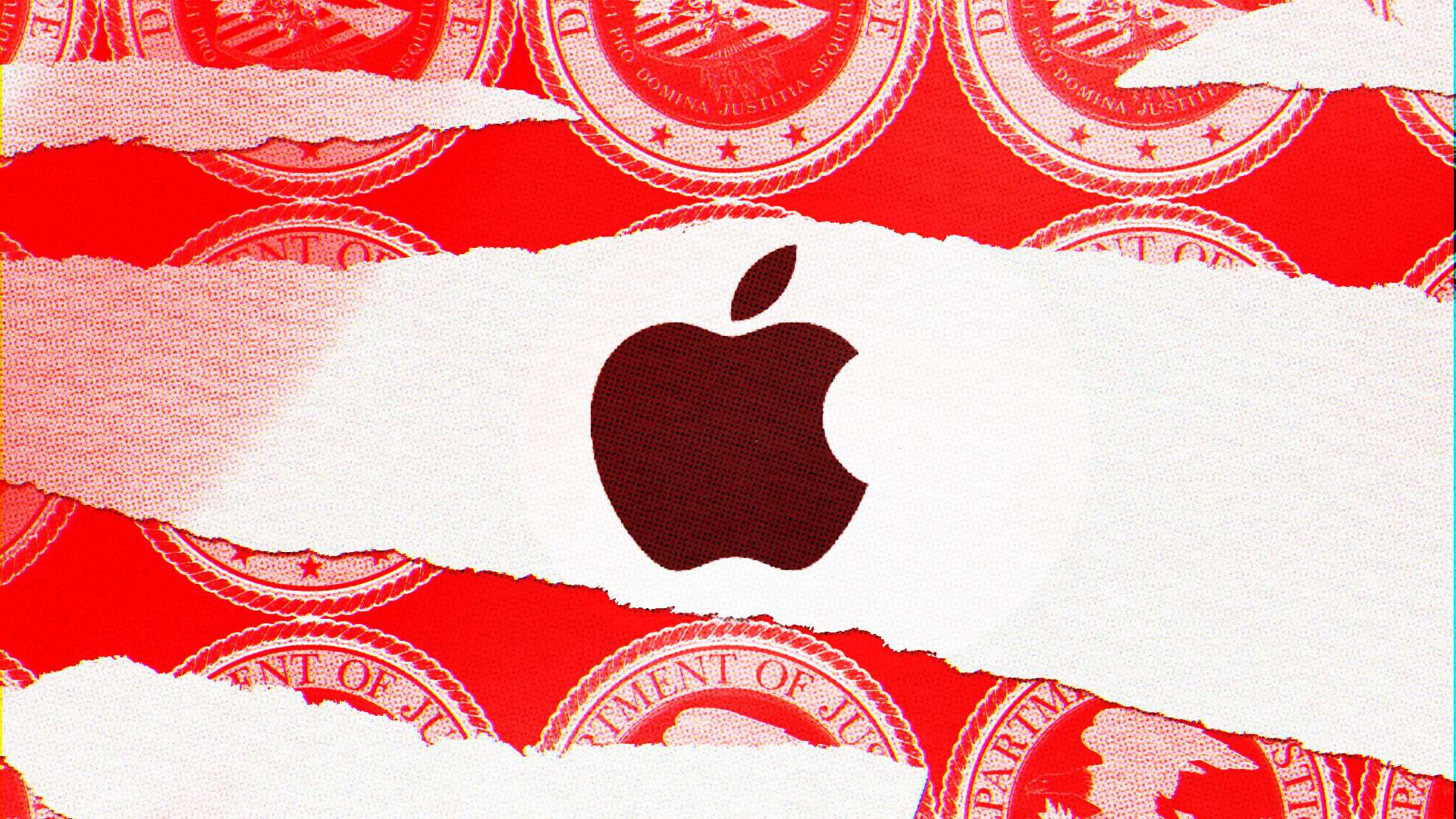Commentary
Initially, I dismissed his work as overly pessimistic, attributing it to the wartime context in which he wrote. A product of pre-World War Europe, Schumpeter established himself as a renowned scholar, with a comprehensive education spanning various disciplines and languages. His insights are unlikely to be matched in the future.
As World War II unfolded, Schumpeter’s views evolved from technical economics to encompass the cultural impact of immense wealth accumulation. He argued that markets and capitalism could ultimately undermine the very culture they helped create.
Capitalism undoubtedly brings prosperity, but it can also lead individuals to overlook the virtues that underpin civilization. The abundance of wealth fosters a sense of entitlement and diminishes the need for traditional virtues like fortitude and prudence. Instead, material success becomes the primary focus, replacing qualities like courage and wisdom.
Schumpeter highlighted how this cultural shift influences policy decisions, leading governments to make unsustainable promises and intervene excessively in various spheres. The celebration of recklessness and sloth erodes the foundations of prosperity, paving the way for a form of socialism that appears viable only in times of crisis.
One manifestation of this trend is the push for widespread higher education, resulting in an oversupply of educated professionals with unrealistic expectations in the job market. This artificial demand creates a cycle of unsustainable practices and artificial markets.
Schumpeter’s foresight in 1942 proved remarkably accurate, underscoring his doubts about the long-term sustainability of capitalism and market freedom. His work can be seen as an elaboration of the principle that hard times breed strong individuals, who in turn create good times that eventually lead to societal complacency and, ultimately, new challenges.
Reflecting on Schumpeter’s warnings, it becomes evident how the prosperity of past generations has cultivated a culture of passivity and disregard for traditional virtues. The ease of life has minimized the need for moral courage, resulting in a society ill-prepared for unforeseen challenges.
The events of 2020 further underscored Schumpeter’s concerns, as widespread disruptions exposed the fragility of systems built on unchecked prosperity. The response to the pandemic revealed a populace conditioned to compliance and dependency, facing unprecedented upheaval and uncertainty.
Ultimately, Schumpeter’s insights serve as a cautionary tale about the dangers of complacency and the erosion of foundational values in the pursuit of material wealth.
The news may not be covering it, and official data may deny it, but the truth is evident in our daily lives. Our standards of living are declining at an unprecedented rate, yet public culture remains silent on the matter.
This backdrop sets the stage for the current political crisis, highlighted by an assassination attempt on Donald Trump. Miraculously, he survived the attack, displaying resilience and courage in the face of danger. His reaction, captured in real-time videos, left a lasting impact on the world.
In a time marked by superficiality and opportunism, witnessing genuine bravery is a rare and necessary reminder of the virtues that drive history. Regardless of political beliefs, Trump’s response to the assassination attempt resonated with many, prompting a reevaluation of the values we hold dear.
In a world that has lost touch with traditional virtues, Trump’s display of courage serves as a wake-up call. We must rediscover the importance of authenticity and fortitude if we are to avoid the decline predicted by Schumpeter.
The opinions expressed in this article are solely those of the author and may not reflect the views of The Epoch Times.
Source link






